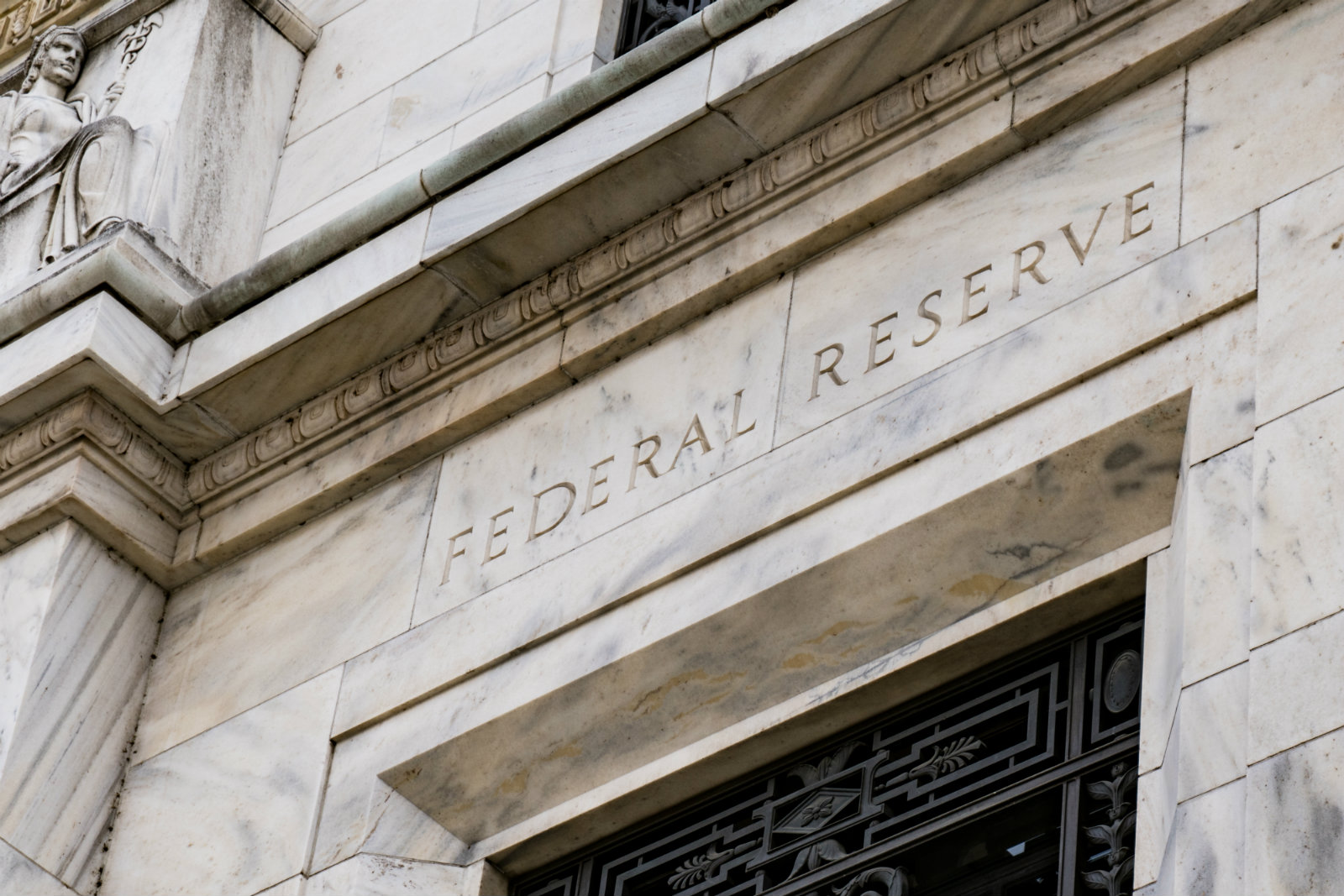An emerging market credit crisis is looming in spite of the Fed’s repo facility

An emerging market credit crisis is looming as an increasing number of countries are struggling to repay their debts amid the economic fallout from covid-19, the Financial Times reports. The scale of the pandemic has triggered widespread funding pressures despite many countries now having more tools to withstand economic shocks than ever before, including heftier FX reserves and more local investors. EMs saw the biggest USD exodus since 2008 last month after investors pulled some USD 31 bn out of EM debt funds, while USD borrowing costs have risen to levels not seen since 2007-08 and the collapse in trade and commodity prices has shrunk USD supply.
EMs were already in a more precarious situation than anyone might have realized: Overall, EM overseas debt had already reached 35% of GDP (without counting China) at the end of 2018. And in frontier markets, the overall debt burden reached a record USD 3.2 tn last year. But a recently-published paper by US academics also indicates that the true ownership of EM bonds by overseas investors may be considerably greater than standard data shows. The paper questions the practice of allocating securities in national accounts based on the residency, rather than nationality, of their issuer. Using a specially-created algorithm, they calculated that US ownership of Brazilian bonds in 2017 amounted to USD 8 bn when based on residency, but USD 68 bn when based on nationality. For Chinese bonds, the increase went from USD 3 bn to USD 55 bn.
The Fed’s repo facility may bring some relief, but it’s no magic bullet: Starting tomorrow, foreign central banks will be allowed to exchange government bonds for overnight USD loans, a move designed to provide countries that don’t have swap lines with the Fed with USD liquidity. This will only provide limited relief though, according to Commerzbank EM analyst Antje Praefcke, who says that not every EM central bank will be in a position to make use of this, and those who can are under too much stress for it to make a tangible difference. Furthermore, although central banks with large FX reserves and Treasury holdings may see real benefits from the repo facility, it won’t do much to alleviate currency pressures because unlike swaps it won’t bolster central bank reserves.